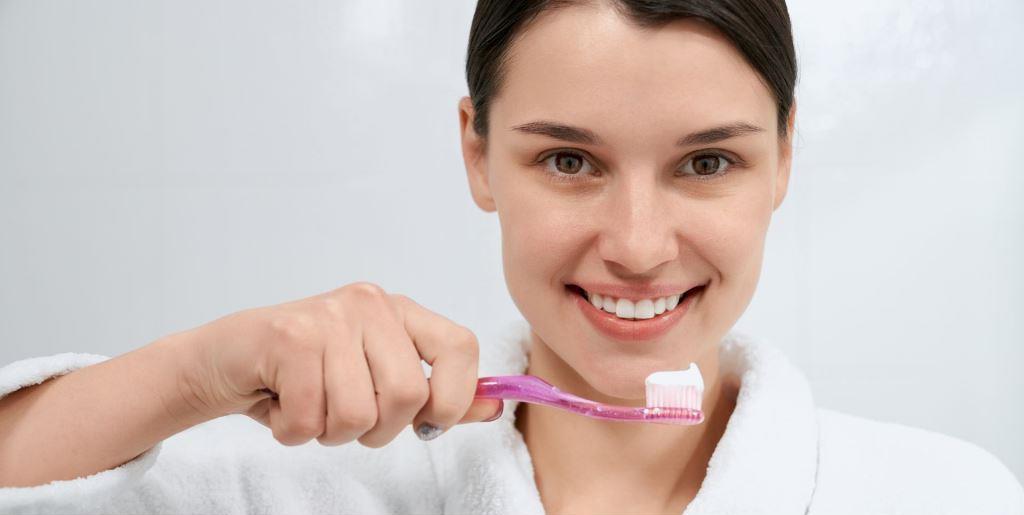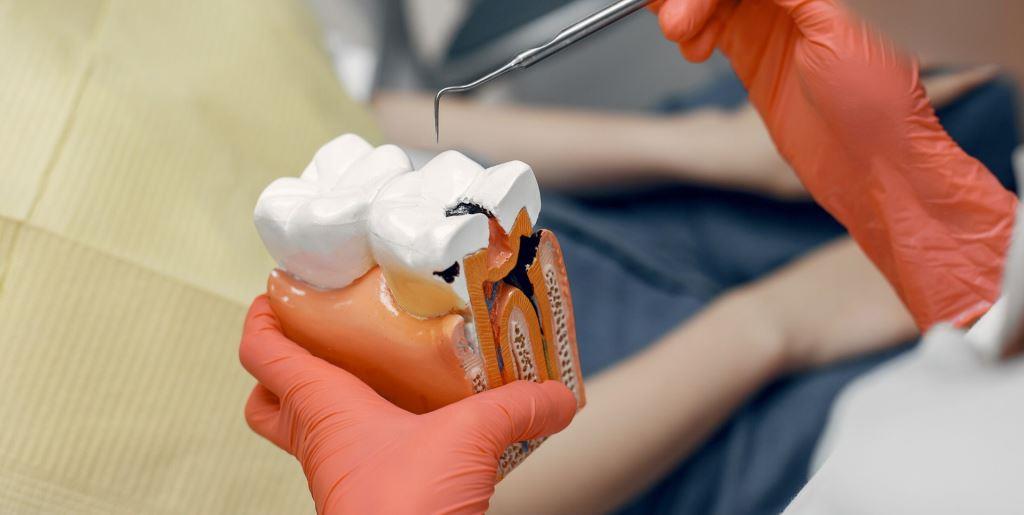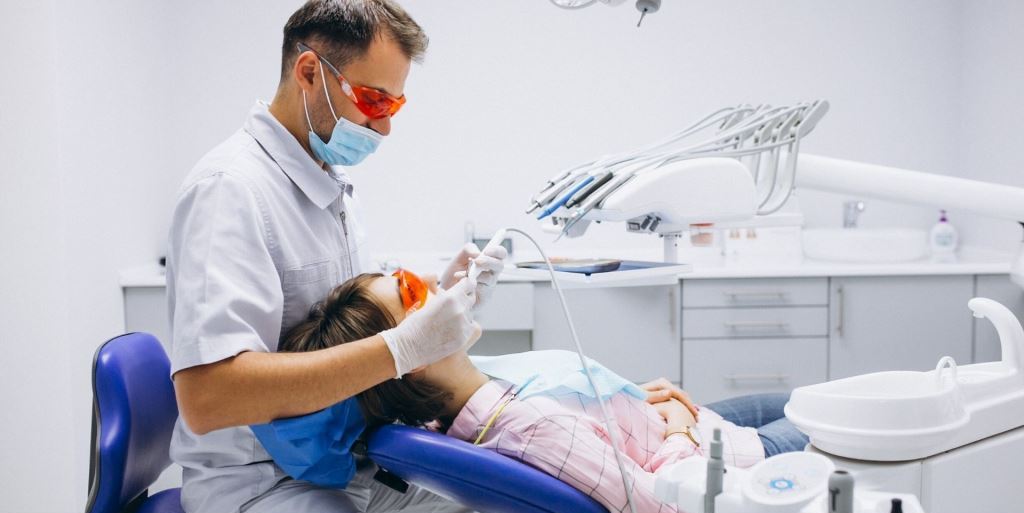Looking after healthy teeth is also about prevention! Therefore, remember to visit your dentist regularly, at least every 6 months. He/she will check the state of your teeth and also perform hygienization procedures, i.e. scaling as well as sandblasting. Today we will focus on the latter. Do you know what teeth sandblasting in the UK involves? Read this text!
Dental sandblasting in the UK - what does it involve?
Above all, this method will help you prevent tooth decay, as well as periodontitis and other diseases. What does tooth sandblasting involve? The dentist cleans the teeth of tartar and plaque. To do this, he uses a suspension with particles of a cleaning substance, in other words: dental sand. It is ruthless for "uninvited guests", but very gentle on the enamel!
There are two variants of this treatment. The first is supragingival Tooth sandblasting. It involves removing plaque from the upper part of the tooth - the part that is above the gum. For this purpose, sand with harder particles is used. This gets rid of even the most stubborn stains! Finally, the dentist polishes the surface of the teeth using special erasers or brushes. And that's it! As you might expect, this is a painless procedure - and you will see the difference in the appearance of your smile immediately.
The second sandblasting option is subgingival sandblasting. Here, the dentist focuses on the area around the tooth pocket, using sand with smaller particles. Why? This area is well innervated and has a good blood supply. Larger particles could be too aggressive! No polishing is carried out after sandblasting with this method.

Prevention you need to take care of
Dental sandblasting in the UK is a preventative treatment. By being able to get rid of any plaque from your teeth, the dentist is able to prevent bacteria from growing in places where it is difficult to reach with a toothbrush or floss.
Of course, you can't skip taking care of regular and thorough oral hygiene. And if you want to make sure you are doing it right we recommend our two texts "How to brush your teeth properly" and "How to floss your teeth and why it's so important"
Back to teeth sandblasting in the UK. Getting rid of stains is also a huge plus of this treatment - teeth look so much better!

Dental sandblasting in the UK - who should benefit?
Everyone! Why? It's a great preventative treatment that will ensure you have healthy teeth without decay or other periodontal diseases. You will also take care of your plaque, which will be the right colour. It's a treatment that everyone should have every 6 months, and in some cases more often.
In particular, if you smoke cigarettes, drink a lot of kayou like red wine, then there is a huge chance that your teeth will develop stains. To prevent them, have a regular sandblasting treatment.
But that's not all - if your teeth are very close together, or even crowded, sandblasting in your case will be an essential treatment. This is because this is the only way you will be able to stop bacteria from growing - with a toothbrush and floss alone, it is certainly very difficult for you!
People who wear braces also benefit from a sandblasting treatment teeth in the UK. You also need to know that this treatment is an excellent pre-treatment to prepare your teeth for whitening at the dentist's office. This will ensure that the effect lasts much, much longer and is also enhanced.

Does tooth sandblasting in the UK hurt?
No, tooth sandblasting is a painless procedure, although you may want to prepare yourself for your gums to be a little irritated. You'll also need to be prepared for the unpleasant, salty taste of dental sand - that's the only 'unpleasant' thing that will happen to you at the surgery!
Dental sandblasting in the UK is also combined with treatments such as scaling and fluoridation. If you are looking for a dentist in the UK, we recommend our practice. You will get all preventive treatments done here - such as Dental hygiene in the UK - scaling, tooth sandblasting, polishing and fluoridation.
You are cordially invited to contact - and we encourage you: to take care of your teeth and gums, visit your dentist at least once every six months. This is very, very important! With prevention, you will be able to prevent many diseases, including tooth decay, gingivitis and many, many more.

